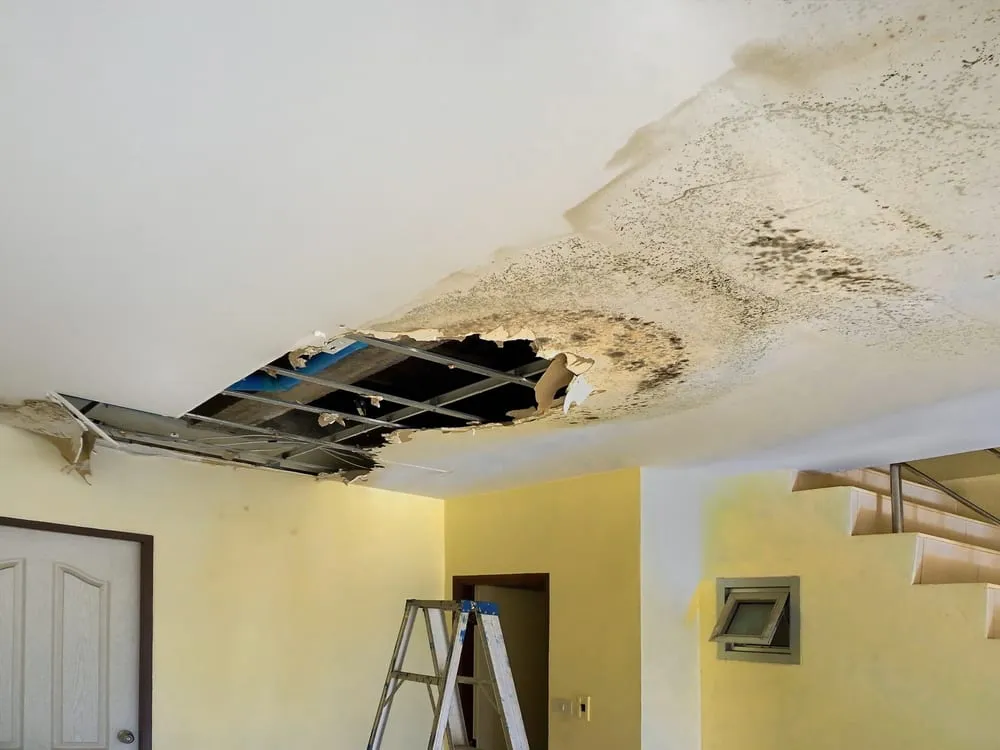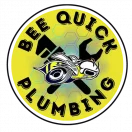Water Seepage Control
We Offer Expert Water Seepage Control Services To Protect Your
Home From Water Damage.
Water Seepage Control Services In naperville, illinois
Water leakages can damage your house structure and paint finishes. Moisture in the walls also lead to growth of unhealthy mold and fungus. Watch out for these leaks and seepage problems and hire a plumber to fix them ASAP.
Along with the water, your money is also flowing down the drain!

Water leaks are common in almost every house. You may not notice a leak till it turns into a flood, but your faucets or valves may have slight leaks, which (if left unchecked) add up to gallons and gallons in the long run. Not only is this an avoidable wastage of water, water leakages can cause a huge deal of damage to your house structure and paint finishes.
Watch out for these leaks and seepage problems and hire a plumber from Bee Quick Plumbing & Sewers to fix them ASAP.
Water Seepage Control
What Exactly Is Seepage Water?
Seepage is the downward and sideways movement of water from a source.
What Is The Source Of The Seepage In The Wall?
When the outer walls aren’t plastered correctly or when low-quality plastering materials are used, water seepage and water dampness can happen. Find and check any leaking drainage pipes or sanitary fittings in your home to figure out why your plumbing isn’t working right. Inspect the water supply pipes for any outflow as well.
What Exactly Is Seepage Reduction?
When the performance of an irrigation system isn’t as good as it should be or when canals run through soils with a high permeability coefficient (more than 0.1 m/day), seepage-control measures are put in place to stop water from leaking out of irrigation canals.
What Causes Groundwater Seepage?
When there is a lot of water in the ground next to a foundation wall or the basement floor, this is called “groundwater seepage.” The pressure of the groundwater can build to a point that it may begin to “seep” through small cracks in the foundation or floor.
How Can I Prevent Water Seepage in My Brick Wall?
- Preventing Water Penetration in Brick Masonry Walls
- Joint sealant replacement in a masonry wall.
- Mortar and grouting (point out the mortar joints).
- Getting rid of ivy
- Making weep holes.
- Reconstruction of deteriorated masonry walls.
- A damp-proof course installation
- Flashing installation
What's The Distinction Between Seepage And Leakage?
Seepage does not necessitate any cracks or passages in the house’s walls or roof. It happens when the wall or slab is porous and water escapes through the wall or slab, causing water to appear on the surface. When there is a crack or hole in the wall or roof, leakage occurs.
How Do We Avoid Seepage Loss?
Construction compaction is an important method for reducing seepage. The slope and bottom soils should be compacted when they have 95% of their ideal moisture content. Soil that is too wet should not be compacted, and soil that is too dry should be watered before compaction.
How Do You Keep Canal Seepage Under Control?
Most of the seepage can be stopped by lining the main and distribution channels with materials that don’t let water through, like concrete. Asphalt and plastic film are also used, though plastic degrades in the sun.


 Powered by
Powered by